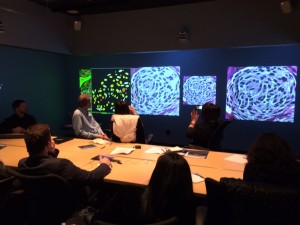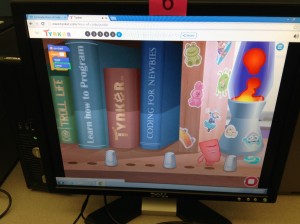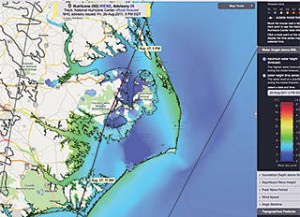Science, like music, is an international language. No matter their cultural, ethnic, or religious backgrounds, no matter if they conduct fieldwork in the U.S. or run a lab in central Asia, scientists always seem able to find common ground.
It’s a fact all competent science communicators understand, and one I was reminded of when a delegation of science and technology professionals from Kyrgyzstan visited RENCI’s Social Computing Room (SCR) on the UNC-Chapel Hill campus on Feb. 12. The group, comprised primarily of women with backgrounds in mathematics, software engineering, and information science, journeyed half way around the world to participate in the Open World Program, a U.S. exchange program that supports and encourages current and future leaders in post-Soviet block countries.






